
By Joshua Tyler
| Published
After the release of Star Trek: Section 31, it is worth listening to negative criticism calling Star Trek a dead franchise. Whether that’s true or not, it’s hard to deny the once-great sci-fi universe has reached a crisis point.
What exactly happened to get Star Trek to this state? Let’s roll the clock back to 2017. Star Trek had been off television for 12 years. The last big piece of Trek media released, Star Trek: Beyond, ended up as a box-office disappointment.
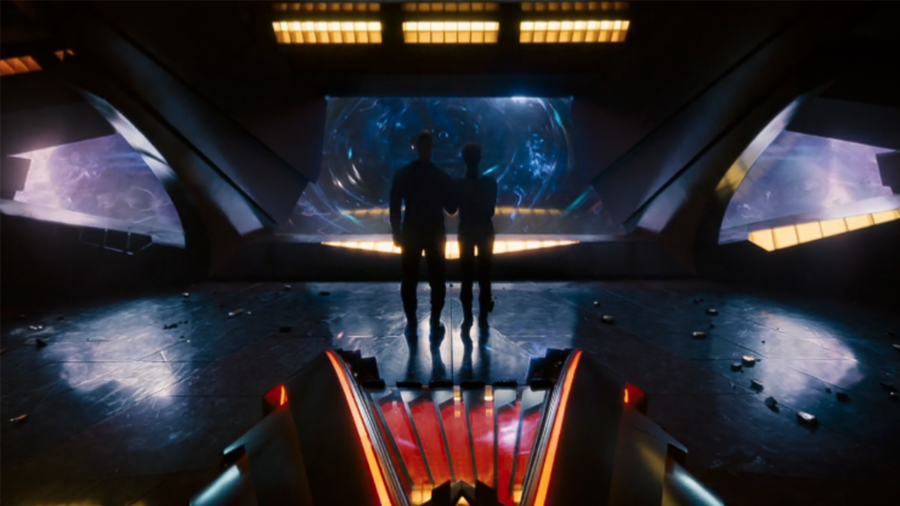
So, Paramount devised a bold new plan to revitalize Star Trek with a prequel. Well, the franchise had just done that pretty recently. The 2009 film Star Trek was essentially a prequel, time-traveling Spock shenanigans be damned.
But that was on the big screen; this time, we were going to get a prequel series. Well, the franchise had already done that. It was called Enterprise, and Paramount pulled the plug after four seasons.
With those projects put in the rearview and seemingly forgotten, Paramount moved forward with a Star Trek prequel series that would serve as a flagship show for their new streaming service, CBS All Access. This third attempt at a Star Trek prequel would be the foundation of the new era for the franchise. The third time was not the charm.
This is why Star Trek’s Disco era failed.
How Star Trek Got Into Disco
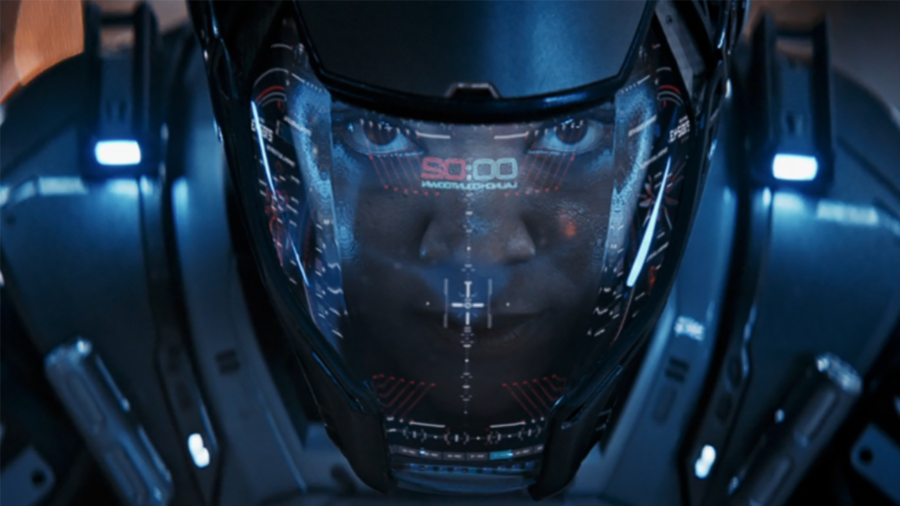
The Disco era of Star Trek did not actually begin in the era of disco, the ‘70s, no matter what Bones’ outfit from The Motion Picture might have you believe. The Disco era is named after its founding series, Star Trek: Discovery, which debuted in 2017. It ended, spiritually at least, with the release of Star Trek: Section 31 in 2025, a film that now stands as the worst Star Trek movie on Rotten Tomatoes according to both critics and users.
Star Trek: Discovery was initially created by Brian Fuller. Fuller was a well-known television writer and producer, having written for both Star Trek: Deep Space Nine and Star Trek: Voyager in the ‘90s. Since then, Fuller has become a much sought-after talent in the television world and was the creator and showrunner of acclaimed series like Pushing Daisies and the landmark adaptation of Thomas Harris’ Hannibal.
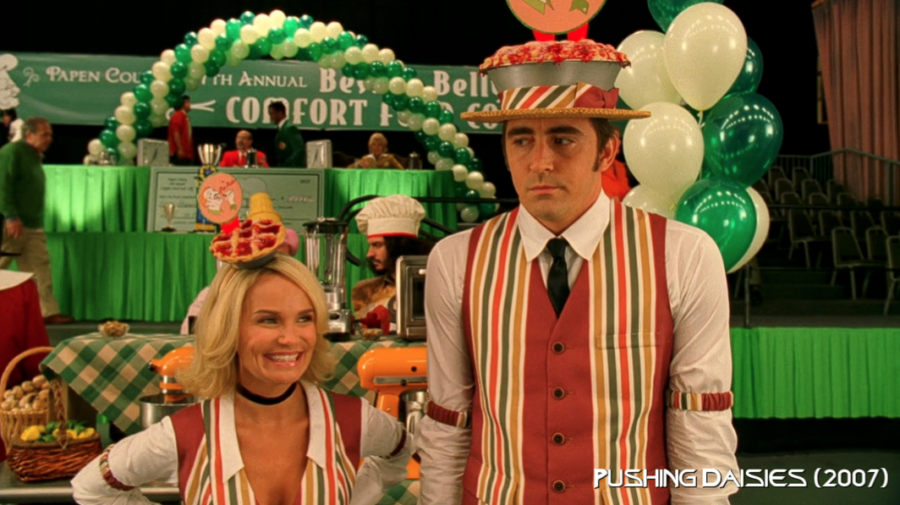
He had the right resume, and Paramount hired him to create a new Star Trek series. His initial pitch was to do a serialized anthology of sorts, where each season would tell a particular story during different times in Star Trek history, featuring new characters every season. The first season would be a prequel to The Original Series, and each subsequent season would move further and further into the future.
Paramount’s reaction was something along the lines of, let’s start with a regular serialized show, and then we’ll see. Fuller began working on Discovery as its showrunner. At the same time, he was also in the middle of acting as a showrunner for the series American Gods.
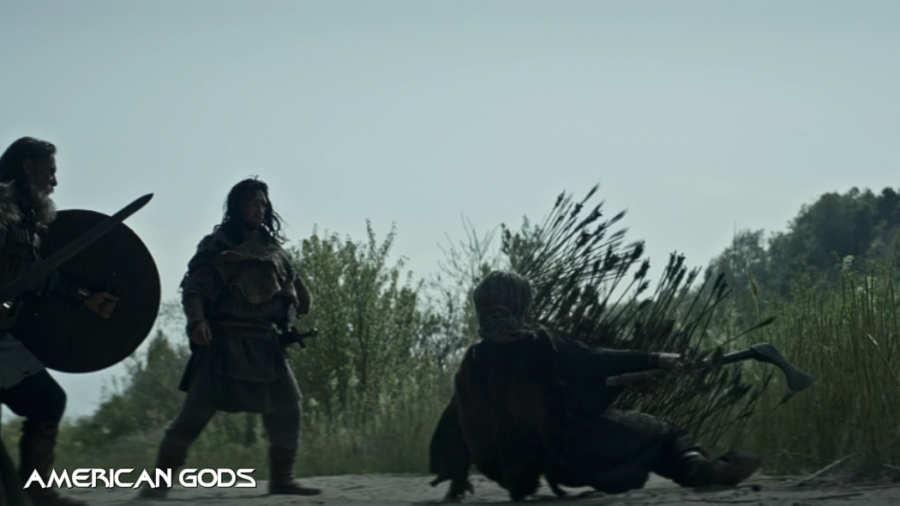
Paramount clashed with Fuller, hiring a director for the pilot, who Fuller felt was not right for the project. After these struggles, Fuller ended up essentially leaving the production but maintaining credit for the show by the time it was all said and done.
The showrunner duties would pass to Gretchen J. Berg & Aaron Harberts, writers Fuller had worked closely with and brought over from his time on Pushing Daisies. Star Trek: Discovery would premiere under their stewardship in 2017.
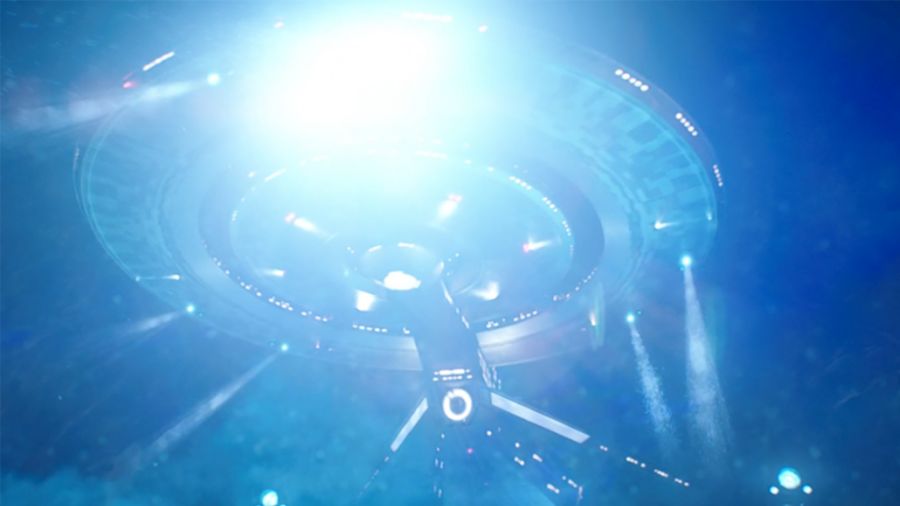
Though the initial critical response was positive, the show’s tone and action-heavy focus turned many fans off. When it comes to judging or trusting streaming viewership data, you’ll have much better luck trying to figure out the Tamarian language.
Star Trek Goes Full Urkel
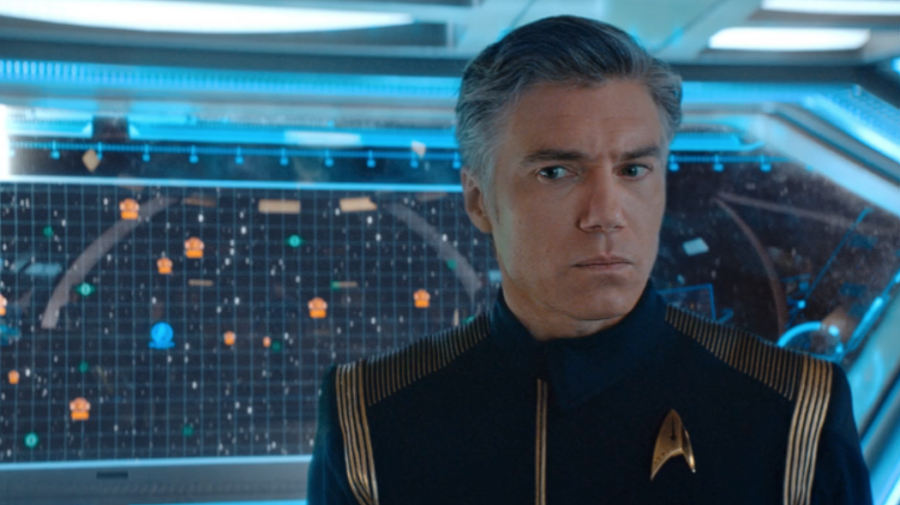
The first season finally out in the world, production would begin on Season 2 with Berg and Harberts still at the helm, until both showrunners were fired for the first episode of the season going way over budget and for alleged abusive behavior towards other writers on the show.
Alex Kurtzman came in to head the second season. Kurtzman was a centerpiece creative talent for the recent Star Trek movies, including Star Trek: Into Darkness. If you want to know our thoughts on that, check out our video, where the title kind of gives it away.
Kurtzman now held the future of the entire franchise in his hands. He would remain in charge of not only Discovery but essentially would become the focal creative voice for Star Trek.
There were attempts to juice Discovery for more legacy fans. Anson Mount was introduced as Christopher Pike, and though there are plenty of fair criticisms to lob at him, most agree that his casting and take on the character are some of the bright spots of the Disco era.
Unfortunately, the rest of the show was still the show it was always designed to be, and adding one good character doesn’t save a show. Unless that character is Steve Urkel, I guess.
Star Trek Institutes A Discovery Quarantine
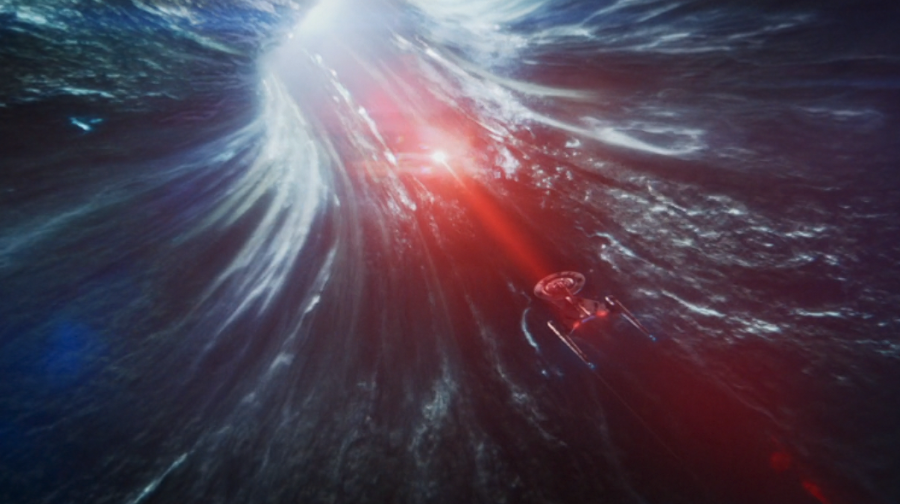
With more Trek series projects planned for the now-rebranded Paramount+ streaming service, Star Trek: Discovery ended up not quite aligning with where the franchise seemed to be headed. That seems to be the canon response from the series, time jumping so far into the future that nothing it did would have any further impact on the franchise’s past timeline, effectively sealing Discover off on its own narrative island.
Eventually, Anson Mount’s Christopher Pike would headline a new prequel series, Star Trek: Strange New Worlds. Fourth time seems to have been the charm so far. Though Strange New Worlds is technically an extension of the Disco-verse, it quickly went to work differentiating itself from Discovery and a lot of the mistakes that show made in the eyes of fans. Strange New Worlds even fixed the Klingons.
Discovery would eventually end its run after five seasons, and that should have been it for the Disco era. The franchise had forked away from the series, and Paramount was pretty committed to working on a number of other Star Trek shows.
Alex Kurtzman Keeps Pushing Bad Ideas No One Wants
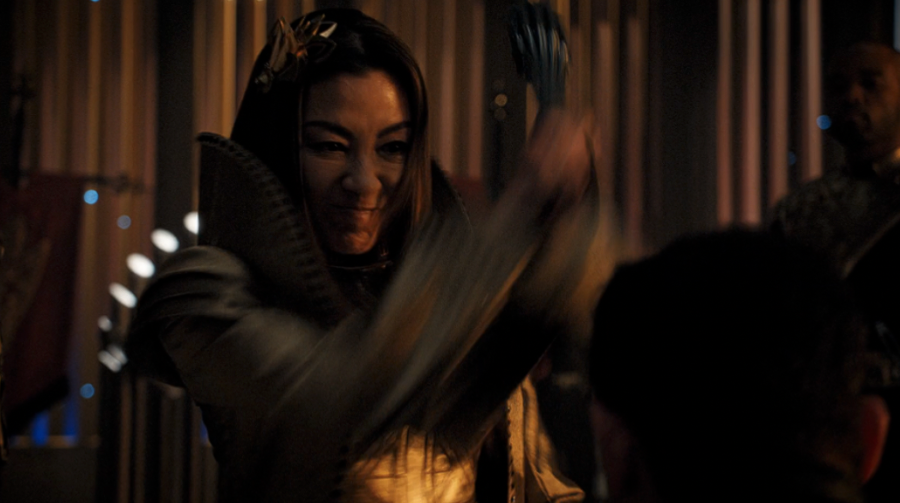
However, Alex Kurtzman had been trying to make a Star Trek: Section 31 spinoff series since the first season of Discovery.
His plan was centered around the mirror universe villain version of a character played by actress Michelle Yeoh. A brutal dictator who loved violence, you know, the perfect Star Trek products.
Fans were not exactly stoked on the idea, and Paramount continuously prioritized other new series over Section 31. It did eventually get the go-ahead, but after the COVID shutdown, it was reconfigured to take the intended series story and squish it down into a feature film. Even then, Kurtzman gave an update stating that Section 31 was now a low priority when it came to current Trek projects.
An Oscar Win Keeps The Disco Era Going
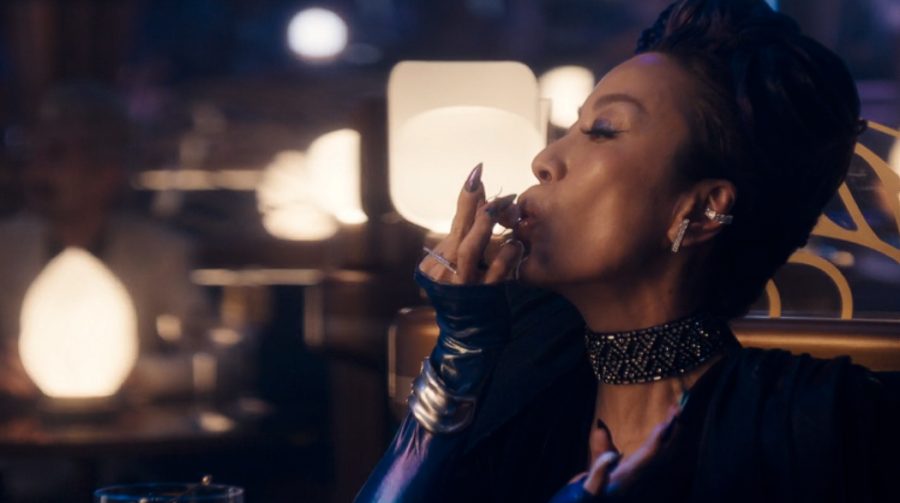
Paramount’s disinterest in Section 31 would change in March of 2023 when Michelle Yeoh won the Oscar for Best Actress. The very next month, Star Trek: Section 31 went into production as a full-length feature film. We think you can see why it got to jump the line for priority.
In January of 2025, Star Trek: Section 31 arrived as a direct-to-streaming movie on Paramount+. It was the first Star Trek movie released in nearly a decade. It now stands as the worst-received movie in the entire Star Trek canon.
There are plenty of reviews, breakdowns, and rage-bait videos about Section 31 out there if you want to dig into the literally gory details. But suffice it to say that Section 31 acts as what seems to be Alex Kurtzman’s ultimate take on the franchise, and it’s terrible.
Star Trek Didn’t Have To Take This Path, Requiem For McMahan And Matalas
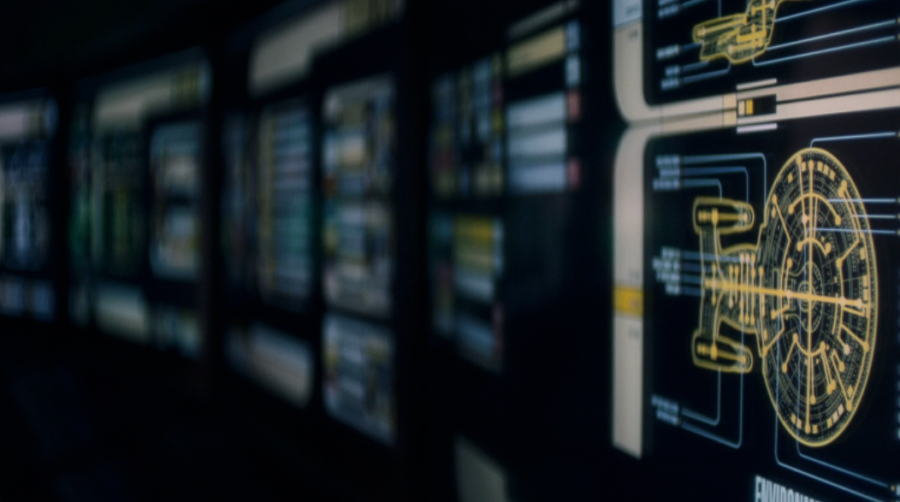
What’s doubly disappointing about the Disco-era is that Paramount did have other Star Trek projects that seemed to be much more warmly received by fans. The animated series Lower Decks managed not to be another prequel project but instead brought lightness and fun back to the Trek universe. Unfortunately, the show was canceled after a five-season run, and creator Mike McMahan has moved away from the franchise.
Tangential to the Disco-verse was the somewhat self-contained Picard-verse, a vanity project masquerading as a series developed around Patrick Stewart’s Captain Picard character. That show was a disaster for two seasons and fit right in with the tonal approach we’d seen in the Disco era projects until the third season was helmed by veteran TV showrunner and dyed-in-the-wool Star Trek fan Terry Matalas.
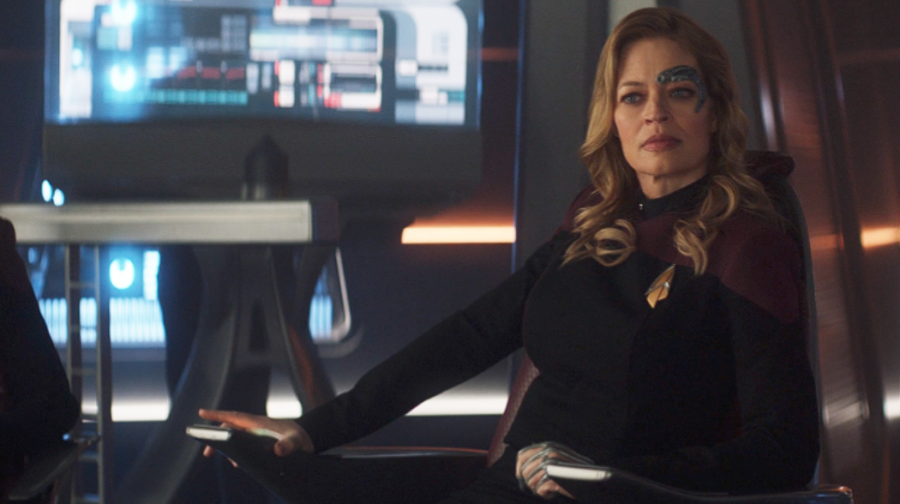
Matalas delivered what is widely seen as the best Star Trek season of the modern Trek era. Matalas lobbied to be given more Star Trek projects, including a lunch for a show called Star Trek: Legacy that would focus on many of the classic characters from shows like The Next Generation. Fans launched petitions to try and convince Paramount to hand over the entire franchise to him.
Instead, Paramount passed on Matalas. And we got Star Trek: Section 31 instead.
Why Star Trek’s Disco Era Failed
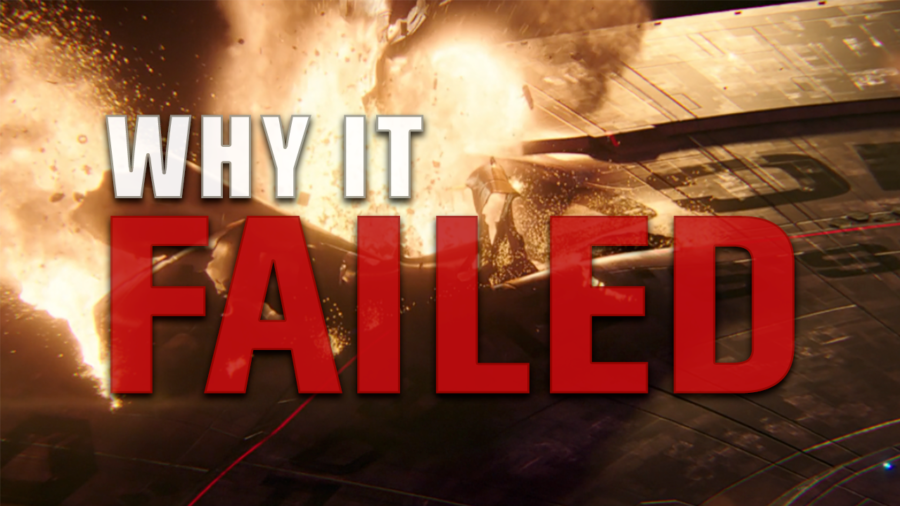
It’s not hard to see why the Disco era of Star Trek failed to make the kind of cultural impact we’ve seen from the franchise before. It tried to take Star Trek and shove it into a different skin, never really focusing on the things that fans found captivating about previous Star Trek projects.
Though there’s still Disco DNA in Strange New Worlds, and Paramount is trying another prequel with the Starfleet Academy series, it feels like Trek is at the end of this stage in its franchise identity.

Leave a Reply